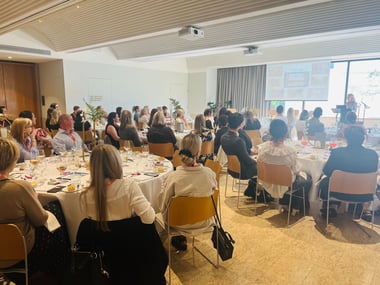
FOBO and AI Anxiety in the Workplace | RGER AU
Read More
Receive our most popular articles in your inbox every other week for employee engagement best practice and inspiration



















Join our community of thousands of HR and employee engagement professionals who receive our monthly blog update, and have practical advice, current resources and inspirational stories sent right to your inbox.